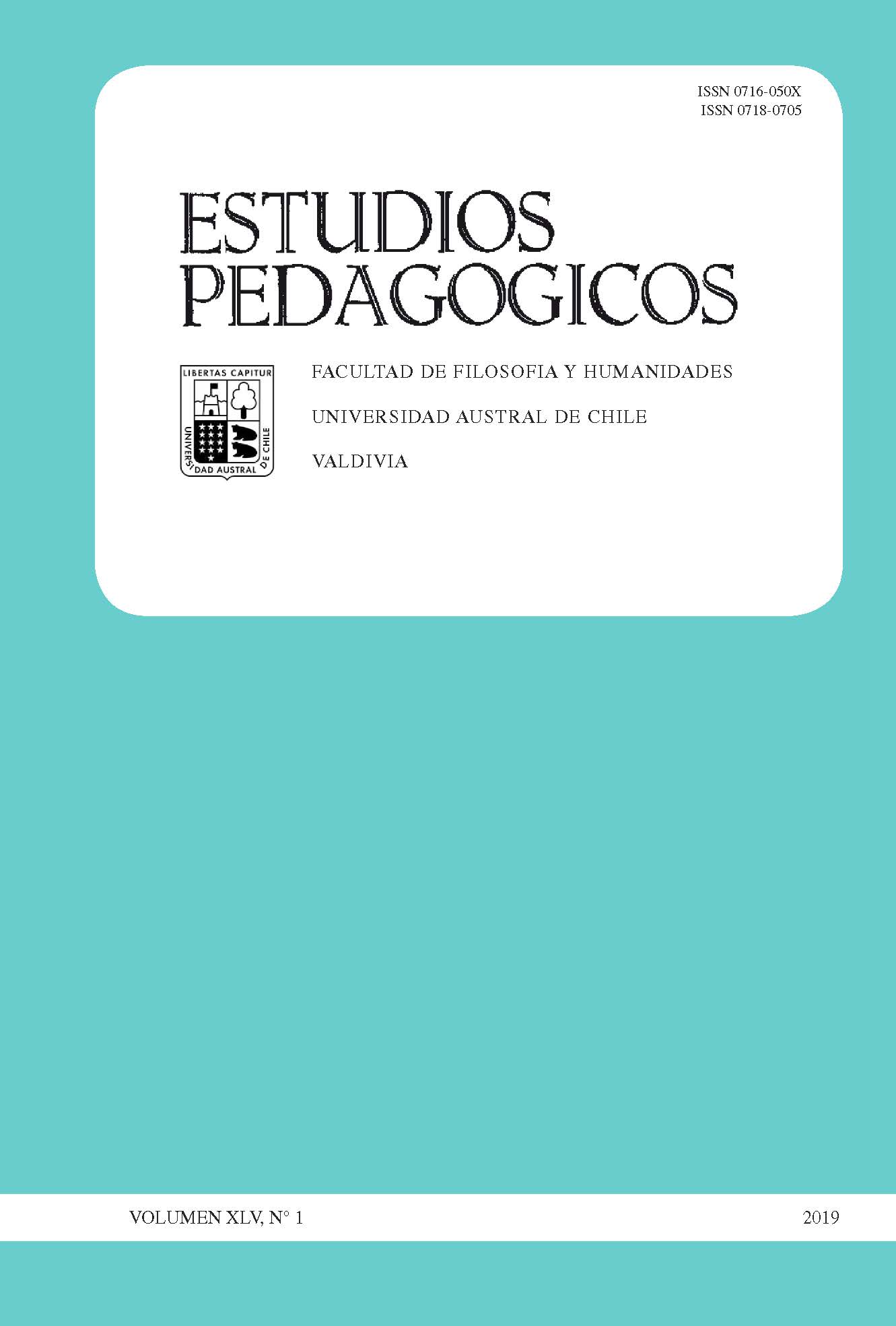The meaning of the school in Chile. The creation of opposed paradigms from the discourse of the public policy, academia and educational research
Main Article Content
Abstract
Since the transition to democracy onwards it has been generated a diagnostic reporting about the crisis of the secondary educational system in Chile. The objective of this article focuses on analyzing the consistency of that diagnostic in one of its main dimension: the so-called “crisis of meaning”. In order to do that this research examines three approaches related to this issue: discourses from public policies, academia and empirical research. We find that while the first two discourses confirm the critical diagnosis, the conclusions in the empirical research reject this idea. These finding put in perspective the hegemony that an interpretative paradigm has gained in the analysis of the educational system and the difficulties to link the different dimensions in this matter and the process of creation of the educational meaning. To avoid this limitation, this study proposes to highlight the experience of the main participants of the educational system based on a research focused on the relevance of that experience.

